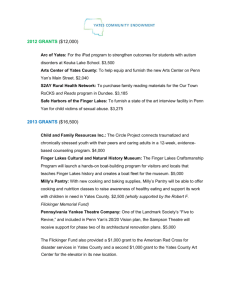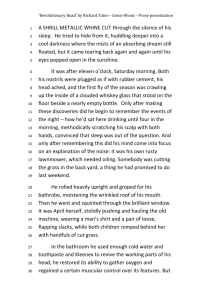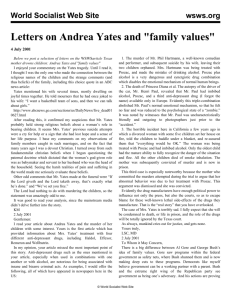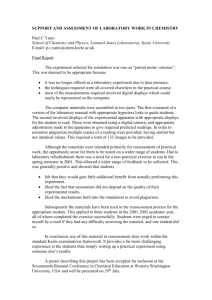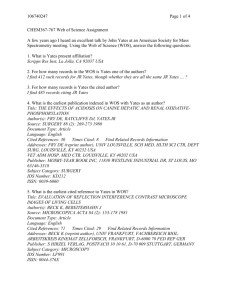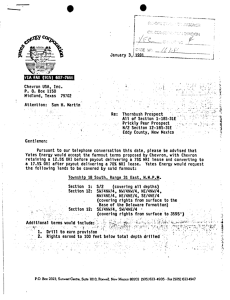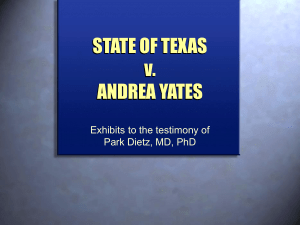The John Yates Residence - Fanning, Fanning, & Associates Inc.
advertisement
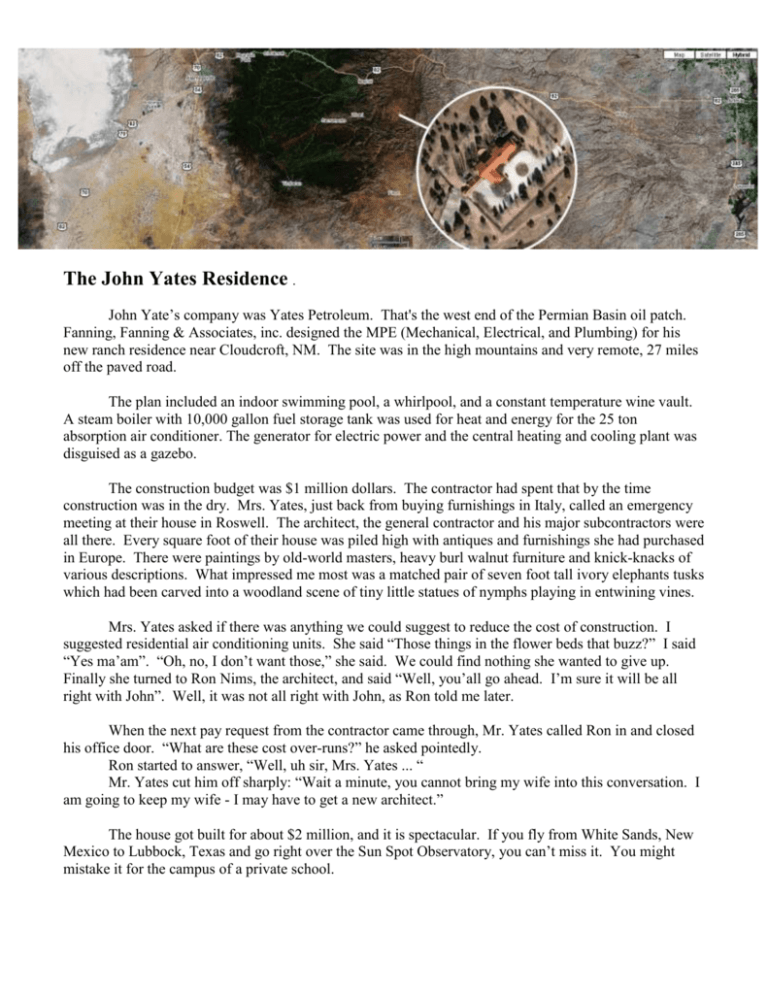
The John Yates Residence . John Yate’s company was Yates Petroleum. That's the west end of the Permian Basin oil patch. Fanning, Fanning & Associates, inc. designed the MPE (Mechanical, Electrical, and Plumbing) for his new ranch residence near Cloudcroft, NM. The site was in the high mountains and very remote, 27 miles off the paved road. The plan included an indoor swimming pool, a whirlpool, and a constant temperature wine vault. A steam boiler with 10,000 gallon fuel storage tank was used for heat and energy for the 25 ton absorption air conditioner. The generator for electric power and the central heating and cooling plant was disguised as a gazebo. The construction budget was $1 million dollars. The contractor had spent that by the time construction was in the dry. Mrs. Yates, just back from buying furnishings in Italy, called an emergency meeting at their house in Roswell. The architect, the general contractor and his major subcontractors were all there. Every square foot of their house was piled high with antiques and furnishings she had purchased in Europe. There were paintings by old-world masters, heavy burl walnut furniture and knick-knacks of various descriptions. What impressed me most was a matched pair of seven foot tall ivory elephants tusks which had been carved into a woodland scene of tiny little statues of nymphs playing in entwining vines. Mrs. Yates asked if there was anything we could suggest to reduce the cost of construction. I suggested residential air conditioning units. She said “Those things in the flower beds that buzz?” I said “Yes ma’am”. “Oh, no, I don’t want those,” she said. We could find nothing she wanted to give up. Finally she turned to Ron Nims, the architect, and said “Well, you’all go ahead. I’m sure it will be all right with John”. Well, it was not all right with John, as Ron told me later. When the next pay request from the contractor came through, Mr. Yates called Ron in and closed his office door. “What are these cost over-runs?” he asked pointedly. Ron started to answer, “Well, uh sir, Mrs. Yates ... “ Mr. Yates cut him off sharply: “Wait a minute, you cannot bring my wife into this conversation. I am going to keep my wife - I may have to get a new architect.” The house got built for about $2 million, and it is spectacular. If you fly from White Sands, New Mexico to Lubbock, Texas and go right over the Sun Spot Observatory, you can’t miss it. You might mistake it for the campus of a private school. Several months after they had moved in, Mr. Yates called me at the office one morning. He said that the low-water cut-off on his boiler was not working. His foreman told him they needed a McDonald Miller 51-2. "Could I bring them one that afternoon?" he asked. I said “Sure”. I picked up the device from Snook & Adderton Supply Company and flew it to Artesia, NM in "66 Whiskey", our little company airplane. Mr. Yates had left a Cadillac at the airport for me and I drove the 90 miles up the mountain (plus 27 miles of dusty, dirt ranch road) to his place. When I drove up, Mr. Yates was sitting alone in the yard, trying to figure out how to connect a copper water pipe to a hole drilled in a marble cherub. This was the fountain to be the centerpiece of the flower garden. The foreman and I put the new cut-off on the boiler. The ranch foreman was more than just a simple cowboy. I could tell by the way he worked that he was up to the task of maintaining the whole complex including the machinery. He mentioned a couple of recurring maintenance problems. He said the single-phase capacitor-start pump motors failed regularly. After we washed up, Mrs. Yates asked me to stay for supper. The magnificent elephant ivories I had admired in Roswell framed the double spiral staircase leading from the formal living room foyer to the second floor. Supper was a simple, but elegant three course affair in the breakfast nook. Conversation with the Yates during the meal was very comfortable, free ranging, but impeccably courteous. Formal etiquette was obviously their routine custom. Mr. Yates was educated in the East as a geologist, a discipline that tends to narrow one's perspective. However, I found no subject from current events to art and philosophy with which he was uncomfortable. They were very nice folks, and I enjoyed the evening visiting with them. I slept that night in “Autumn”, one of the four huge appropriately decorated upstairs bedrooms. About 4:00 o'clock in the morning I went out to the mechanical room to check the equipment. The switches in pump motors were putting on a stroboscopic electric arc display that lit up the room. Of course! Miles and miles of REA power lines made the power very dirty, that is to say inductive, and the switch contacts were chattering. I filed the points and switch started working again. A couple of more years passed. Then one day Mr. Yates phoned and asked me to come to his office in Artesia. I went a couple of days later. He said he was having a terrible time getting clean diesel to burn in his boiler. His question was: could the boiler be converted to run on natural gas? “Of course,” I replied, “but it is 90 miles to the nearest gas line”. “Oh, I can drill a gas well in the back yard.” he said. “How do you know there is gas there?” I stupidly asked. A sly smile crossed his lips as he answered, “Oh, I know.” That was nearly three decades ago. I do not know if they converted the boiler to burn gas or if a gas well was ever drilled. We subsequently closed the architect's account, but that is another story. . Barto Fanning 08/12/05
